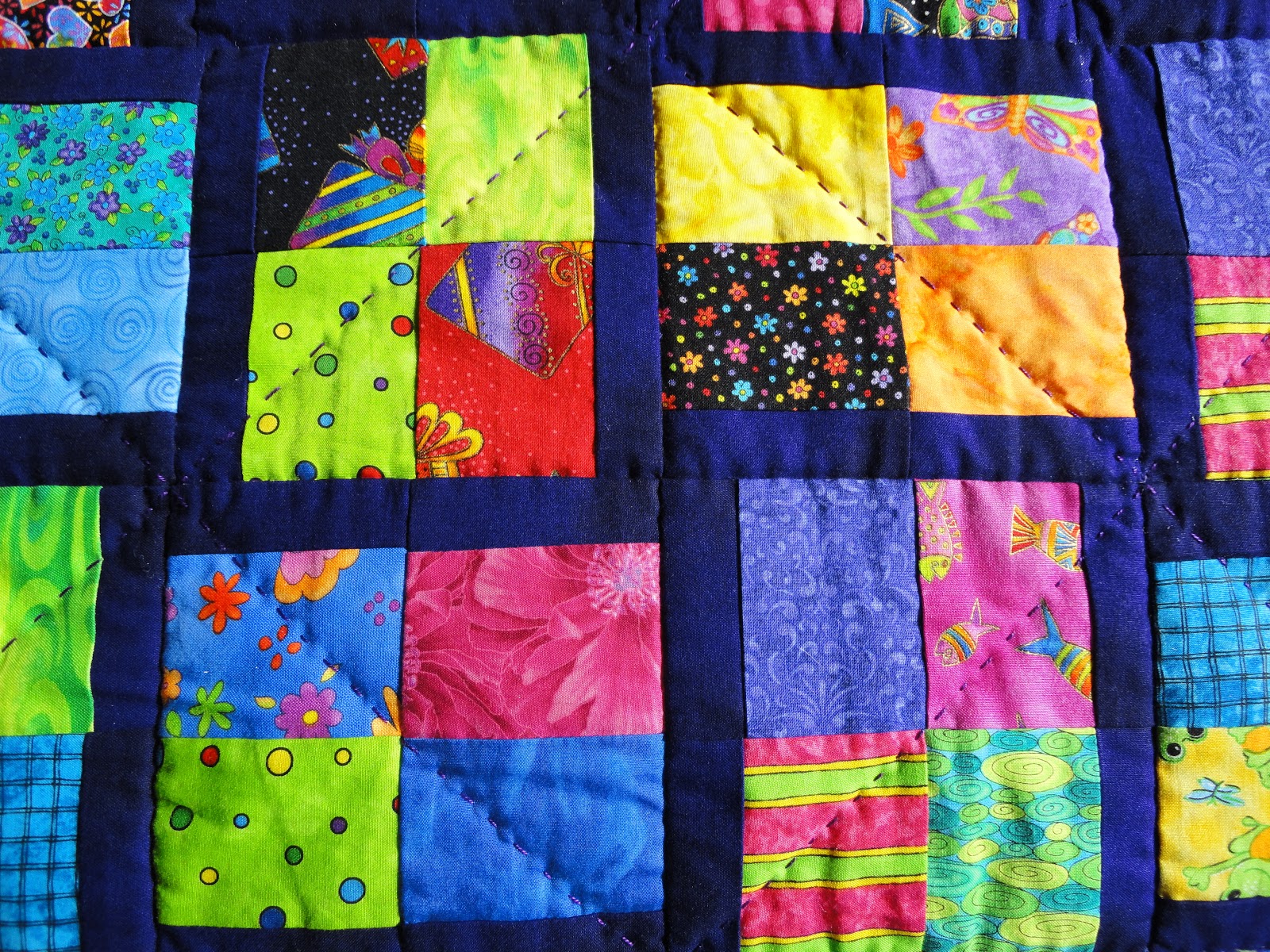
Casting is a knitting technique that adds stitches to the knitting project, without relying upon any existing stitches. It is independent from binding off which depends on previous rows of stitch. There are many different ways to cast-on knitting. This article will only cover two. You should be able cast on and knit a scarf, or sweater in no time.
Cast-on knitting techniques
Cast-on knitting techniques are a family of stitches added to the work without relying on earlier stitches. Cast-on knit has a separate, lower edge. This makes it different from binding off. You can learn how to caston by following the instructions below. You'll find many useful tips in this article! Choose a pattern that is easy to understand and follow. Then, practice!

The knitted casting-on technique is one of most simple for cast-on knitting. This method involves knitting into the loop created by the slip knot. It's similar to the cable-cast-on except you must knit between two stitches to complete a row. Although this method is relatively easy to master there are some pitfalls. You can smoothen your cast-on edges by keeping the knitting needles in close proximity while you work.
German Twisted knit-on techniques
You can knit a super-stretchy edge with the German Twisted cast-on. This technique is very similar to the Long Tail Cast On but uses extra yarn. This technique works well for creating pullovers. This technique can be used to knit any type of project. You'll learn how to perform this cast-on in this article. Listed below are the tips and tricks for doing it.
To begin with, the German twisted casting-on requires you to wrap 20 times more stitches than it takes to knit 20. You'll want to make a tail long enough to weave in. A medium-sized project will require 2.5 times as many wraps. 50 wraps is the norm for each 20 stitch. For later weaving, leave enough tail. In Germany, German knitters refer to the German Twisted Cast-On as "Verschrankter Deutscher Anschlag" or "German Knitting Technique." They refer to themselves simply as knitters.
Techniques for long-tail cast-on knitting
Two strands are required to make long-tail knit-on. You can cast on using this technique by measuring the length and leaving a tail. If the tail is too large, cut it and then unravel the cast-on. The tail is the yarn that will secure the working yarn. After you are done knitting, you can join both strands together to complete the project.

A long-tail knit-on is like knitting with a slip-knot. Once you have joined the two yarns together, pull the yarn through the slip knot and continue knitting. Cast-ons that are too loose can cause yarn to dangle. The dangling tail will result in loose loops that are not secure. Casting on is best done knitwise. However, it can also be done purlwise. Cast on by leaving a 4 inch tail on each needle. Tie a slip knot. This knot is not counted as a stitch.
FAQ
How do you get started with your new hobby or interest?
You must decide what hobby you want before you start any new hobby.
Passion is essential once you have selected your subject.
It is important to know the reason you want to begin a hobby. It will provide you with direction and purpose.
Once you've chosen the hobby you would like to pursue you can start planning.
Consider the equipment that you will need.
Consider whether classes or seminars are necessary.
You should ensure that you have enough space to enjoy your hobby.
A club or group might be something you consider. These groups often offer advice and support.
Consider how much money you would have to spend on your hobby.
What are your competitive hobbies?
Running, swimming, cycling and tennis are all competitive sports.
They're often enjoyed by people who are active and want to socialize.
If you have a hobby that involves physical activity, then you'll probably find that there are other people around who share this interest.
This could mean joining a club, or group that meets regularly to do sports together.
You might also choose to participate in team games involving playing alongside others.
These include netball (soccer), football (cricket), netball (basketball), hockey, baseball, volleyball and badminton.
There are many types competition.
Some competitions exist solely for recreational purposes.
Others are designed for competitors to prove their skill.
Others are also designed to reward exceptional performance.
The winners are awarded prizes in these cases.
Other competitions are intended to test strength and stamina.
These are known as endurance events.
For example, marathon races, triathlons, Ironman Triathlon, etc.
Before competing in these events, athletes train hard.
They will be required to follow a rigorous training program in order to prepare mentally and physically.
They may need to spend some time out of their home for preparation.
It is important to remember, not all athletes will compete in every type and event.
What is a collection hobby?
The most loved collections include books, movies and music.
You can also find stamps, coins, cars and dolls as well model kits and figurines.
I think you get it.
What are observation hobbies?
Observation hobbies are those activities that allow you to watch others do what they do. These hobbies could include reading books, watching sports, or going on vacation. You might also enjoy observing other people.
Observation hobbies are great because they help you learn how to think creatively. You can draw on this knowledge later, when you work on projects for others.
You'll find that if you're interested in something, then you'll have an easier time learning about it.
If you are interested in learning more about football, for example, you might watch a match or read a book. To learn more about photography, it is possible to visit and take photos.
You can play along with songs online or purchase a guitar if you love music.
If you like cooking, you could cook your own meals or visit restaurants.
You could also grow flowers or vegetables if you enjoy gardening.
You can take a dance class, or just go out with your friends if dancing interests you.
If you like painting, you could paint pictures.
Writing poetry or stories is a passion if you are a writer.
If you like drawing, you could draw pictures.
You could work as a caretaker or keeper at a zoo if you are passionate about animals.
If science is your passion, you might choose to study biology or chemistry.
History is something you might enjoy if you read books, watch movies, or listen to podcasts.
You can travel abroad or explore your home area if you love to travel.
Statistics
- This 100% accurate personality-analyzing hobby quiz discovers your passion based on your characteristics. (quizexpo.com)
- The Role of the Mind in Sex, Dating, and Love: Men in the “humor” condition received phone numbers from 42.9% of the female participants and were refused 57.1% of the time. (time.com)
- Almost 80% of people claim to have no hobby. (hobbylark.com)
- 37% Video Games 36% Travel 36% Health and Fitness (quizexpo.com)
- I am 100% biologically a woman (discover.hubpages.com)
External Links
How To
How to choose the right hobby
If you ask yourself some questions, you may be able to tell whether your hobby is right for you:
-
Do I enjoy doing it?
-
Do I get pleasure from it?
-
It is something that I would love to continue doing, even after I'm older.
-
Am I good at it?
-
Are there ways to improve?
-
Would I recommend it for others?
-
It can bring me happiness.
-
Do you think it will allow me to relax?
-
Do I feel better?
-
Can it help me to develop skills that I can apply later in my life?
-
It could allow me to make new friends.
-
Can I express my creativity through it?
-
It will it give me the chance to learn new things?
-
It will give me confidence.
-
Is it going to give me a sense of accomplishment?
-
Will it lead to financial success?
-
It will allow me to travel.
-
It will allow me to travel new places.
-
Is it going to encourage me?
-
It will it motivate me to work harder?
-
Will it motivate me to succeed?
-
It will involve me in activities I would not normally consider?
-
It will challenge me.
-
Will it be fun?
-
It will keep me fit.
-
Can it help you save money?
-
Is it likely to reduce stress?
-
Is it going to stop me from getting bored?
-
Will it free up my time?